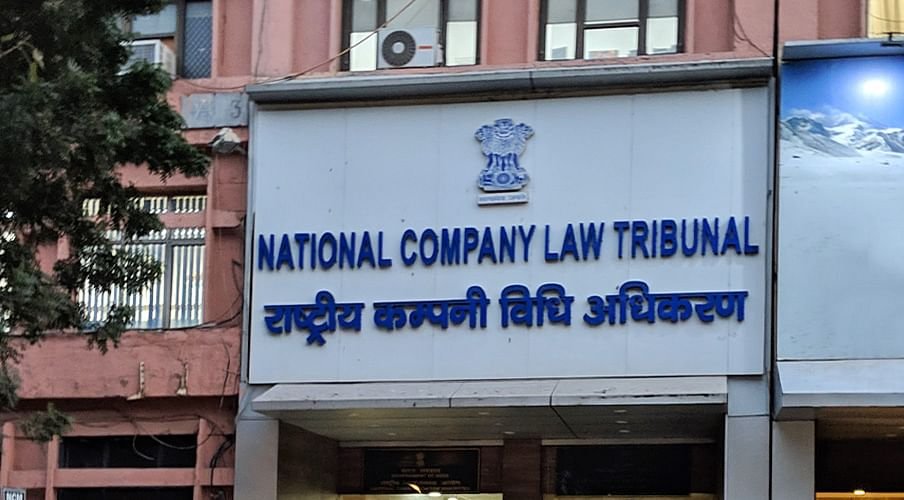The Court was hearing an appeal against a Bombay High Court judgment which held that a person who has exercised the right to self-identify as a woman is considered an ‘aggrieved person’ under Section 2(a) of the Act.
In January 2025, the Supreme Court of India is scheduled to address the issue of whether a transgender woman can seek maintenance under the Protection of Women from Domestic Violence Act, 2005 (DV Act).
This matter arises from an appeal made by a man challenging a Bombay High Court ruling that deemed a person who has chosen to self-identify as a woman as an “aggrieved person” under Section 2(a) of the Act. Justices Vikram Nath and Rajesh Bindal, presiding over the case, granted permission for it to proceed and set a date for January 2025. Additionally, the Supreme Court has sought responses from all parties involved.
In March of the same year, the Bombay High Court rejected the man’s petition questioning the applicability of the Domestic Violence Act provisions to his spouse, who was reportedly a transgender individual before their marriage and had undergone sex reassignment surgery. The High Court upheld an order from a magistrate court that granted the respondent interim maintenance of £12,000 per month.
The petition submitted to the Supreme Court argued that the 2005 Domestic Violence Act is gender-specific and has not been expanded by the legislature. It contended that the provisions of the Transgender Persons Act, 2019 are not automatically applicable and require specific due process to be followed to prevent misuse and abuse of the legislation.
The husband’s petition further argued that the transgender woman respondent does not meet the definition of an “aggrieved person” under the Domestic Violence Act, which exclusively applies to “women” in domestic relationships. The petitioner asserted that their union was conducted as per transgender customs and practices under the Transgender Persons Act of 2019, emphasizing that it had not been solemnized as a legally recognized marriage. Hence, even if the marriage were considered valid, it was claimed that the respondent, as a transgender person, should not be categorized as a woman eligible for protection under the Act.
Moreover, the petitioner contended that the absence of a certificate from a competent authority recognizing her gender identity as a ‘woman’ should disqualify her from being deemed a woman under the DV Act. The plea argued that the threshold of self-identification of gender is insufficient to claim protection under the provisions of the Domestic Violence Act, 2005.
The petitioner’s spouse was represented by Saktham Maheshwari, while the respondent received legal representation from attorneys Satyajit A. Desai, Vrushali Mainded, Siddharth Gautam, Abhinav K. Mutyalwar, Gajanan N. Tirthkar, Vijay Raj Singh Chouhan, and Anagha S. Desai.



